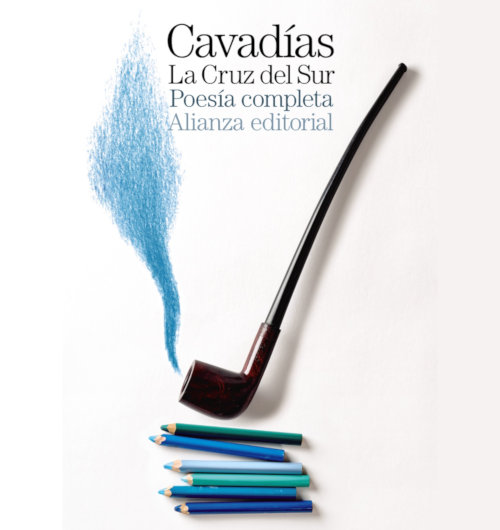MG Road, Pune, Maharashtra
Dear Mom and Dad:
Sorry for the delay in replying. I was in transit for a full 2.5 days from central Kerala to Pune (pronounced POO-nuh - the official slogan is
 "City of Festivals," but they should consider "The nice city with the silly name") in Maharashtra state. Normally there is a 24 hour express train, but since an accident in May, the Konkan line is closed for repair (that's a good sign in India, if they actually stop to repair something). So I had to take the looooonnnnng - that is, more than 40 hours! - train trip in order to retrieve the correct documents, aka No Objection to Leave India Letter ("N.O.L." they call it), so that I can go to Sri Lanka, so that I can come back with a fresh Visa. I expect the whole procedure will take at least 2 more weeks.
"City of Festivals," but they should consider "The nice city with the silly name") in Maharashtra state. Normally there is a 24 hour express train, but since an accident in May, the Konkan line is closed for repair (that's a good sign in India, if they actually stop to repair something). So I had to take the looooonnnnng - that is, more than 40 hours! - train trip in order to retrieve the correct documents, aka No Objection to Leave India Letter ("N.O.L." they call it), so that I can go to Sri Lanka, so that I can come back with a fresh Visa. I expect the whole procedure will take at least 2 more weeks.The first 7 hours of the train ride were lovely; we passed through the lush, verdant coconut-tree forests of Kerala and then through the foothills of the Western Ghat mountains. They look alarmingly like those of Tennessee - gentle, green and sloping, except that the valleys hold fresh spring-green rice paddies, banana trees and tapioca farms, not fields of tobacco and cotton, or shopping malls and parking lots.
Then there's a section on the Kerala/Tamil Nadu border where we reach the Ghats proper, and it's so dramatic - the mountains become wildly misshapen hills that look just like those in Chinese watercolors, warped green gumdrops welling up out of the steamy earth.
It's a magical stretch that's all too brief; after Ettimadai, the terrain alters drastically; there are 2/3 fewer trees and the suddently encroaching presence of The Sun - we're now in Tamil Nadu. Lettering on the sign-boards changes abruptly from the fat, squoonchy, playful curlicues of Malayalam (if a kid invented an alphabet solely for the purpose of being fun to draw, it would look like Malayalam) to the more upright, rigid cuneiform of Tamil (Malayalam's ancient ancestor and the grandaddy language of south India). Vannakam (welcome!)
As the sun sets behind the technicolor wedding-cake forms of Tamil temple spires, you fall asleep to the vendors' calls of "choy, choy...cap-eeee, cap-eee" - and awaken, 12 hours later, in the harsh, red, arid landscape of Andhra Pradesh. It's a seemingly endless state that knows no winter (and very little water)....even through the solar-guarded darkened train windows you can feel the oppressive glare of the sun. With the rocky hills in the distance and yucca-type vegetation, it really resembles the setting of a Western. The Andhra language (Telegu) is as musical and flowing as the landscape is dry and hard; the script itself looks like words on a psychedelic poster and seemingly every word ends in a vowel (usually OO), which has led to TeleGOO being dubbed "the Italian of the East."
Here the ubiquitous angry buzzing of motor-scooters, burly Tata trucks and mini cars falls away, to be replaced by bullock-drawn (Brahma Bulls, we call them in the west) produce carts with wooden wheels, piloted by ebony men with drooping moustaches and sweaty heads in turbans...scenes literally unchanged for centuries, if not a couple millenia. It became a surprise to even see the occasional scrawny telephone wire strung across the dusty plains.
Maharashtra: another state, another landscape, another culture, another cuisine, another
 language, another alphabet. The diversity of India is almost attention-deficit in quality and quantity; you get the impression of constantly flipping channels (even if I were to master Hindi, which I can read but not fully understand, the locals can always switch to Marathi or Urdu, both commonly spoken). Though Maharashtra (literally "great state") is technically part of the South, the influence of North India is more evident here in style of dress, cuisine, and number of Hindi speakers.
language, another alphabet. The diversity of India is almost attention-deficit in quality and quantity; you get the impression of constantly flipping channels (even if I were to master Hindi, which I can read but not fully understand, the locals can always switch to Marathi or Urdu, both commonly spoken). Though Maharashtra (literally "great state") is technically part of the South, the influence of North India is more evident here in style of dress, cuisine, and number of Hindi speakers.Today is Mahatma Gandhi's Birthday. "Vande mataram" (hail to the Motherland), the national anthem, blares from many a streetcorner.
Till Monday,
your faithful south Asian correspondent












